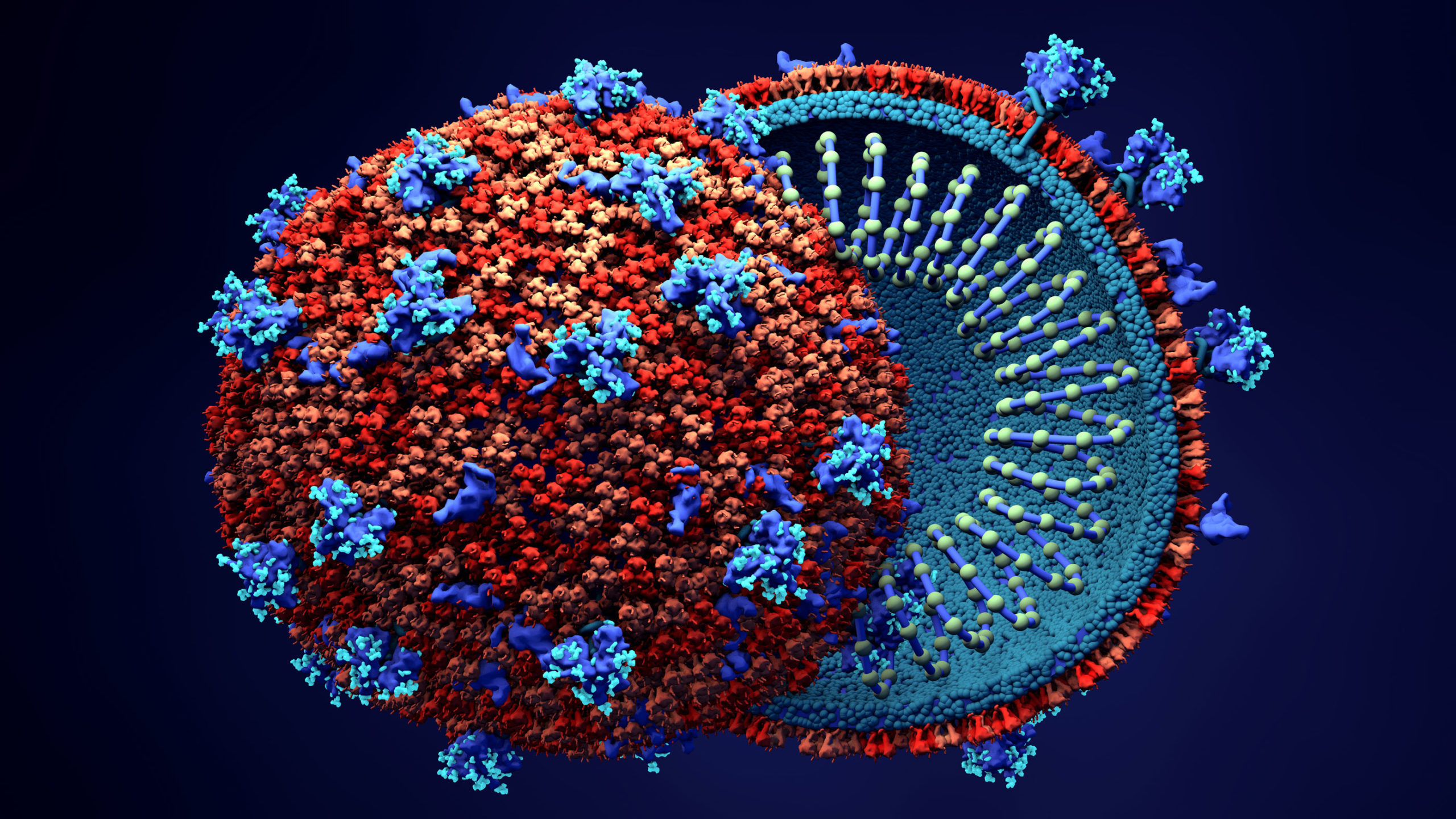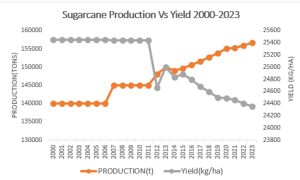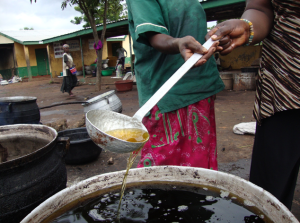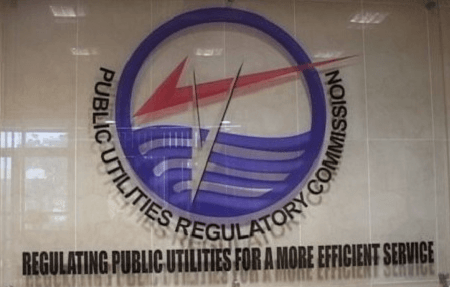
In his 23rd address to the nation on measures to contain the Spread of the Covid-19, President Nana Addo Dankwa Akufo-Addo directed that the cost of COVID-19 antigen test at the Kotoka International Airport (KIA) be reduced to $50 from $150 for citizens of the Economic Community of West African States (ECOWAS).
The Chronicle would like to commend the President for this directive, as it is an indication of a listening government. The contributions of Ghanaians abroad to the economy, through their remittances, are unparalleled.
Remittances are a key source of financing to most of the economies of Africa. After Foreign Direct Investment (FDI), remittances are the second largest source of external financial flows.
In 2018, the World Bank estimated that Africa would receive $45 billion from remittances, a projected growth of 9.8% from $41bn in 2017. In that year the contributions of Ghanaians abroad to the Gross Domestic Product through remittances was 7.4%.
The World Bank report indicated that most families who receive these monies invest in education, thereby making remittances an indirect contributor to Ghana’s educational sector.
Due to this critical contribution remittances make to Ghana’s economy, the World Bank feared that Africa’s economy, of which Ghana is inclusive, would be massively affected by the Covid-19, due to the inability of nationals abroad to remit back home.
The release indicated that as the COVID-19 pandemic, and its attendant economic crisis, continues to spread, the amount of money migrant workers send home is projected to decline to 14 percent by 2021, compared to the pre-COVID-19 levels in 2019.
“Remittance flows to low and middle-income countries (LMICs) are projected to fall by 7 percent to $508 billion in 2020, followed by a further decline of 7.5 percent, to $470 billion in 2021,” World Bank’s Migration and Development Brief reported, and indicated that the foremost factors driving the decline in remittances include weak economic growth and employment levels in migrant-hosting countries, weak oil prices, and depreciation of the currencies of remittance-source countries against the US dollar.
From the reports above, one can infer that our nationals abroad have been economically hit by the COVID-19 pandemic, and, therefore, making them pay $150 for the antigen test is disheartening.
It is, therefore, no wonder that Ghanaians abroad have called on the government to review the $150 being charged for COVID-19 testing at the Kotoka International Airport.
The Chronicle supported the cries of Ghanaians abroad, and we also hold the view that the charge is a disincentive for the business community and tourists who wish to travel to Ghana. Although the amount of money that Africa, and of course Ghana, receive as remittances has reduced recently due to the COVID-19 crises, it still remains an important source of finance on the continent.
We should not, therefore, be seen to be biting the hand that feeds us by charging them $150 for the antigen test at a time that the whole world is in financial recess due to the pandemic.
The impact of COVID-19 is pervasive when viewed through migration lens, as it affects migrants and their families who rely on remittances. We should not unnecessarily burden the hen that lays the golden egg, just because we are facing difficulties form the pandemic, since when the situation stabilises, it is this same hen that will be feeding us.
The Chronicle is, indeed, grateful that the cries of Ghanaians abroad have been addressed with a reduction in the cost of the antigen test.
The post Editorial: Capping Covid-19 antigen test at $50 is welcome appeared first on The Chronicle Online.
Read Full Story














Facebook
Twitter
Pinterest
Instagram
Google+
YouTube
LinkedIn
RSS